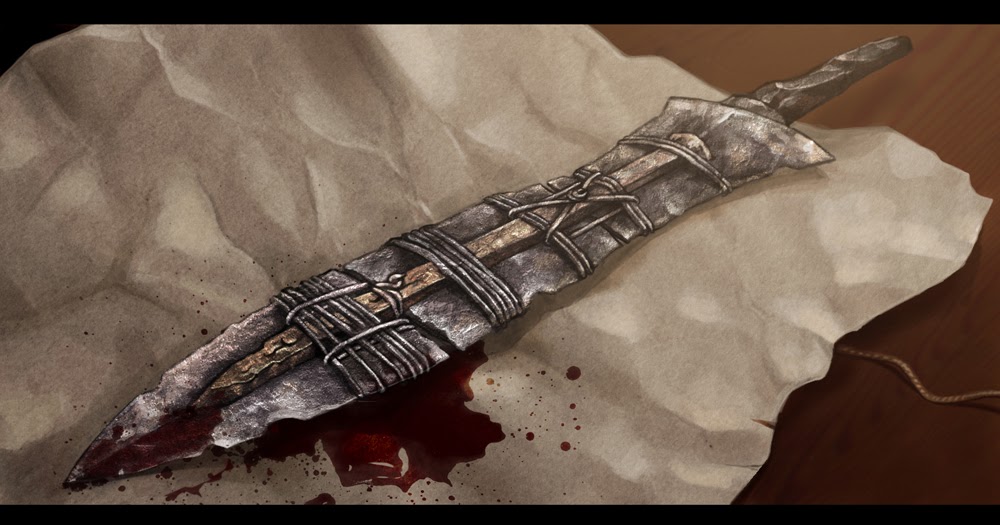“But one of the soldiers with a spear pierced his side, and forthwith came there out blood and water,” (John 19:34).
Of primary concern to the Jewish religious leaders of Jesus’ day was observing the Mosaic law, especially as it related to the Sabbath. As the Ten Commandments prohibited work on the Sabbath (Exod. 20:8-11), the ongoing debate among the scribes and pharisees centered around what was considered work and what wasn’t. Carrying a burden was considered work, for example, and would constitute breaking the Sabbath.
Jesus was crucified on Friday, commonly referred to in the Gospels as “Preparation Day,” (Mark 15:42), or the day before the Sabbath. And as the Jewish day began at sundown, only a few hours remained between the point when Christ died and the start of the Sabbath.
Even in this instance of Jesus’ death, it is clearly evident how their ceremonial attempts to keep the law caused them to act. “Then the Jews, because it was the day of preparation, so that the bodies would not remain on the cross on the Sabbath, asked Pilate that their legs might be broken, and that they might be taken away,” (John 19:31). You might suggest that these religious zealots were so full of ceremonial superstitions, in fact, that they were opposed to even their crosses bearing burdens of the bodies of the dying on the Sabbath!
In response to their request, Pilate ordered that the legs of those hanging on the crosses be broken to speed their death by suffocation. But after breaking the legs of the two thieves, the soldier decided not to break Jesus’ legs. Instead he took a spear and pierced his side. Though it seemed to him that Jesus was already dead, he must have speared Jesus’ side just to be certain (John 19:32-36).
One of God’s requirements for the Old Testament Jews’ choice of the Passover lamb was that none of its bones be broken (Num. 9:12). So in that beautiful fulfillment of Christ as the Passover Lamb of God, sacrificed on the altar of the cross to pay for the sins of the world, unbeknownst to that soldier, he was carrying out the messianic prophecy of Psalm 34:20, “He keeps all his bones, not one of them is broken.”
Immediately following his being pierced, as John 19:34 says, “at once there came out blood and water.” Here was that “fountain opened to the house of David to cleanse from sin and uncleanness,” (Zech. 13:1) – blood to expiate sin and water to wash away uncleanness. God uses their malice to serve his mercy and our advantage. Whereas they make a wound, he makes a door, an everlasting gate of grace and glory; for God can turn even the fierceness of man into his praise (Ps. 76:10), and the bitterest waters of malice into the wholesome, life-giving streams of his mercies.
Contemplations:
- Lord, let me not like Thomas put in my hand only, but also my heart into your wounded side. Hide me there, as you did your servant Moses when you passed by him in the cleft of the rock, this cleft of the true Rock of my refuge (Ps. 11). So shall you pass by my sins, and I shall see your glory.
- Out of your side flowed both blood and water. As they flowed together out of your pierced side, so let them ever, Lord, flow together into my wounded soul, both the blood of justification by faith and the water of sanctification by grace. Those which you have joined, let me not think to separate, i.e., water and blood. For except you wash me, I can have no share in you (John 13:8). You are made to us both redemption and sanctification (1 Cor. 2); so I cannot participate in the one without the other. For without a life of grace here, I can never enter hereafter into that life of glory.
- Give me not only of the blood of your side to expiate my past sins, Lord, but of the water too that I do not thirst after them again (John 4).
Further References for John 19:34:
1 John 5:6, 8; Rev. 1:5; Matt. 26:28; 1 Peter 1:19


